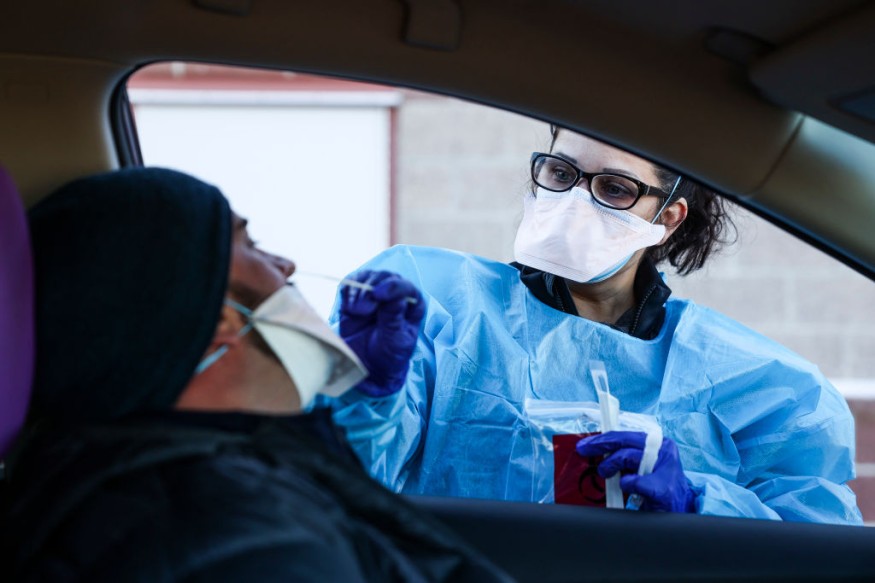People with Weak Immune Systems Likely Cultivated COVID Variants Inside Them

Many COVID variants have been reported globally, posing threats to the effectiveness of authorized vaccines and overall ability to curb the spread of the virus.
The COVID-19 variants from Brazil and the United States have shown a new array of properties that could be worrisome, such as increased transmissibility to immunogenicity.
Experts hypothesized how this mutation could have happened, citing that the virus could have infected someone with a weak immune system, which allowed it to adapt and evolve for months inside the patient's body before being transmitted to others New York Times reported.
Dr. Ravindra Gupta, a virologist at the University of Cambridge, agreed that it could be likely one of the explanations for the transmission of various COVID variants.
"We'd been learning for a year that this virus didn't change. It was always the same. There were a few mutations here and there," Gupta was quoted in a Global News report.
Dr. Adam Lauring, a virologist and infectious disease physician at the University of Michigan, said that if the hypothesis is true, people with a compromised immune system should be in the first group to be vaccinated.
Lauring added that the faster this group is protected, the lower the risk of harboring New COVID-19 variants.
Multiple studies have provided insight into how some immunocompromised people can have the virus for more than eight months, which could give the virus enough time to evolve, such as the case in a study published in The New England Journal of Medicine.
COVID-19 Variants
The UK strain was first found in England and has continued to spread across the world, including the United States. The variant spreads more quickly and easily, compared to other variants, which could potentially be more dangerous, according to the Centers for Disease Control and Prevention. However, more research is needed to confirm the claim, according to a CNET report.
Meanwhile, another strain was also found in the U.S., which was first discovered in South Africa. The South Africa strain has shown to be more enduring with the AstraZeneca vaccine, which caused concerns among health leaders and medical experts.
Initial studies from Pfizer and Moderna show that their vaccine candidates are "less effective" against this strain. Still, it offers some protection.
In addition, a variant was also found in travelers in Brazil who were tested in a Japan airport. This particular strain caused concerns due to suspicions that it could evade antibodies.
In February, California Gov. Gavin Newsom announced the growth of the "West Coast" variant of COVID-19, according to a Deadline report.
CA Health and Human Services Director Dr. Mark Ghaly reported that the state had found 1,000 incidents of the West Coast variant.
Newsom announced the following week that the cases for the particular variant had spiked 20 percent to 1,2000.
Genomic testing is required to determine new variants from samples, which could be costly.
As of writing, the United States has had 29.5 million cases, with around 535,000 reported deaths. California remains to be the number one state with the most COVID-19 cases with 3.62 million.
WATCH: Coronavirus: How patients with weak immune systems may offer clues into variants - from Global News
Subscribe to Latin Post!
Sign up for our free newsletter for the Latest coverage!

















